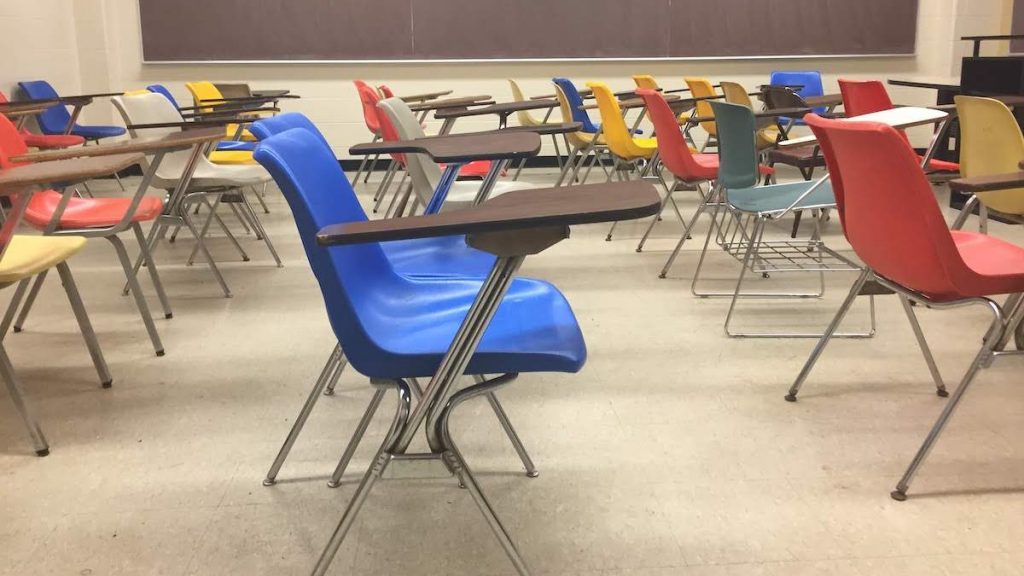Report: Schools Need a Culture of Safety to Restart
As the first day of school approaches in many districts across Michigan, what is the best way to begin school safely amidst a pandemic?

Schools are reopening very soon in Michigan and school administrators and teachers are at the forefront of figuring out a solution so that kids can continue their education and close the gaps left by sudden school closings last spring.
“It can be even more devastating for students of color with disabilities, or those in rural communities who attend schools with less resources, or have parents who work and they can’t fully commit to supporting learning at home.” — Kanika Littleton, Michigan Alliance for Families
Working parents and parents of children with special needs specifically will need the most support going forward if districts choose to go virtual. Teachers, other school employees, and children in schools will need to maintain hygienic practices like mask-wearing, hand washing, and social distancing if districts elect an in-person format.
Listen: Educational experts’ take on back-to-school plans during COVID-19.
Guests
Joseph Allen is an assistant professor of Exposure Assessment Science at Harvard University’s T.H. Chan School of Public Health. He recently published an op-ed in The Washington Post on why and how schools should reopen.
Allen coined the acronym SMART for how schools could manage COVID-19: Stay home when sick, mask-up, air cleaner in every classroom, refresh indoor air, and temporary classrooms.
“One of the things we recommend in our full-length report is the critical importance of establishing a culture of health safety and shared responsibility, with messaging that should be starting right now,” says Allen. He suggests that schools take a proactive approach by keeping parents informed and starting each day with a safety meeting to reinforce these measures.
Elizabeth Moje is the Dean of the School of Education at the University of Michigan. She says that there is a lot of variety in district reopening plans. Some are going fully remote, while some are trying the hybrid approach by combining in-person and remote learning. These reopening plans also vary by grade level.
Moje says she believes the remote learning will be much improved from what it was in the spring, but cautions that “we don’t want to get complacent with the idea of virtual instruction and think that it can solve everything.”
She sees a certain value in in-person instruction, especially for younger children.
Kanika Littleton is the director of the Michigan Alliance for Families, a support group for families with children who use special education services. She says that the abrupt ending of school in March meant that a lot of children missed out on learning.
“The Northwest Evaluation Association projected that students would retain approximately 50 percent of their math content and 70 percent of their reading content due to the health emergency,” says Littleton. “And we know that those numbers are likely higher for students with disabilities.”
She adds that students with Individualized Education Programs might have trouble accessing the support they would get during a typical school day through remote learning.
“It can be even more devastating for students of color with disabilities, or those in rural communities who attend schools with less resources, or have parents who work and they can’t fully commit to supporting learning at home,” says Littleton. However, she’s hopeful that districts will be able to adapt to the complex needs of their students.
This article was written by Detroit Today student producer Lauryn Azu.
Trusted, accurate, up-to-date
WDET is here to keep you informed on essential information, news and resources related to COVID-19.
This is a stressful, insecure time for many. So it’s more important than ever for you, our listeners and readers, who are able to donate to keep supporting WDET’s mission. Please make a gift today.
